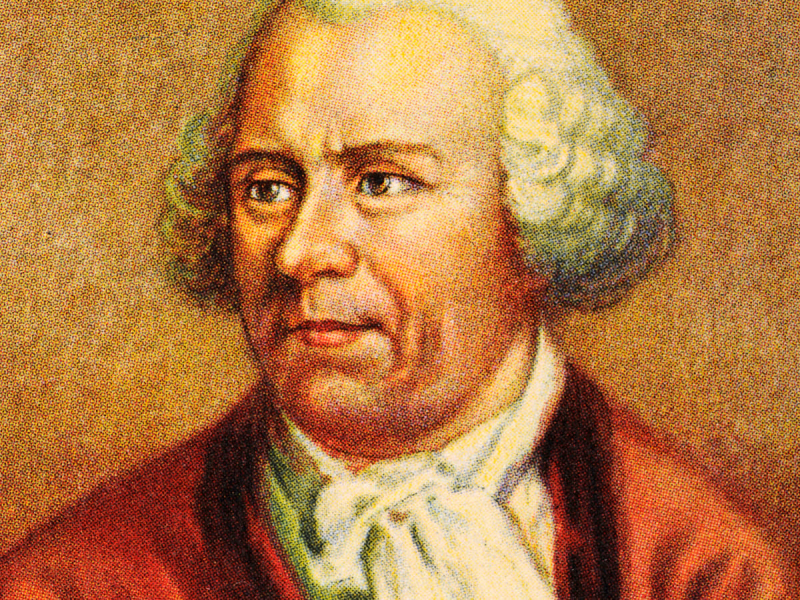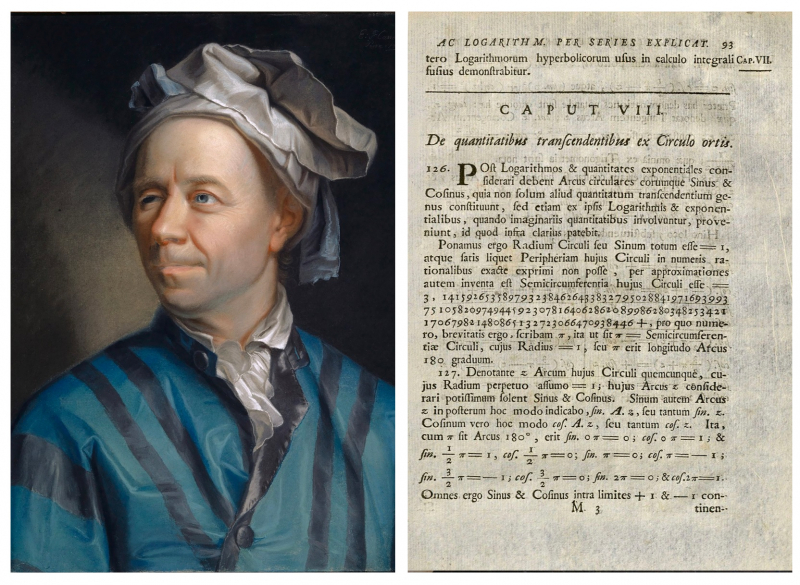Leonhard Euler
Leonhard Euler was a Swiss polymath, physicist, astronomer, geologist, logician, and engineer who formed the studies of graphs and topology. He also made groundbreaking and influential breakthroughs in numerous other areas of mathematics, including analytic arithmetic, analytic techniques, and infinitesimal discrete mathematics. Euler established a better portion of the language and notation of contemporary mathematics, including the concept of a mathematical equation. His contributions to mechanics, hydrodynamics, optics, astronomy, and music theory are also well-known.
Leonhard Euler is regarded as one of history's finest mathematicians and the best of the eighteenth century. The effect of Euler on mathematics is expressed by a quote ascribed to Pierre-Simon Laplace: "Read Euler, he is the lord of us all." In the same vein, Carl Friedrich Gauss stated, "The examination of Euler's writings will continue to be the finest school for the many disciplines of mathematics, and there will be nothing that can replace it." His more than 850 writings are compiled in 92 quarto volumes (including his Opera Omnia), more than any other individual. Additionally, Euler was the first developer of graph theory (in part as a solution to the Bridge of Königsberg math question).
Last but not least, to simplify the explanation of the movement of solid things, Euler recast Newton's physics rules into new regulations in his two-volume book Mechanica. He has made significant contributions to the research of the elasticity of solid object deformations, elevating himself to the class of legendary mathematicians.
Born: 1707
Age: 76
Notable ideas: F(x) functions, Pi, eiπ + 1 = 0








